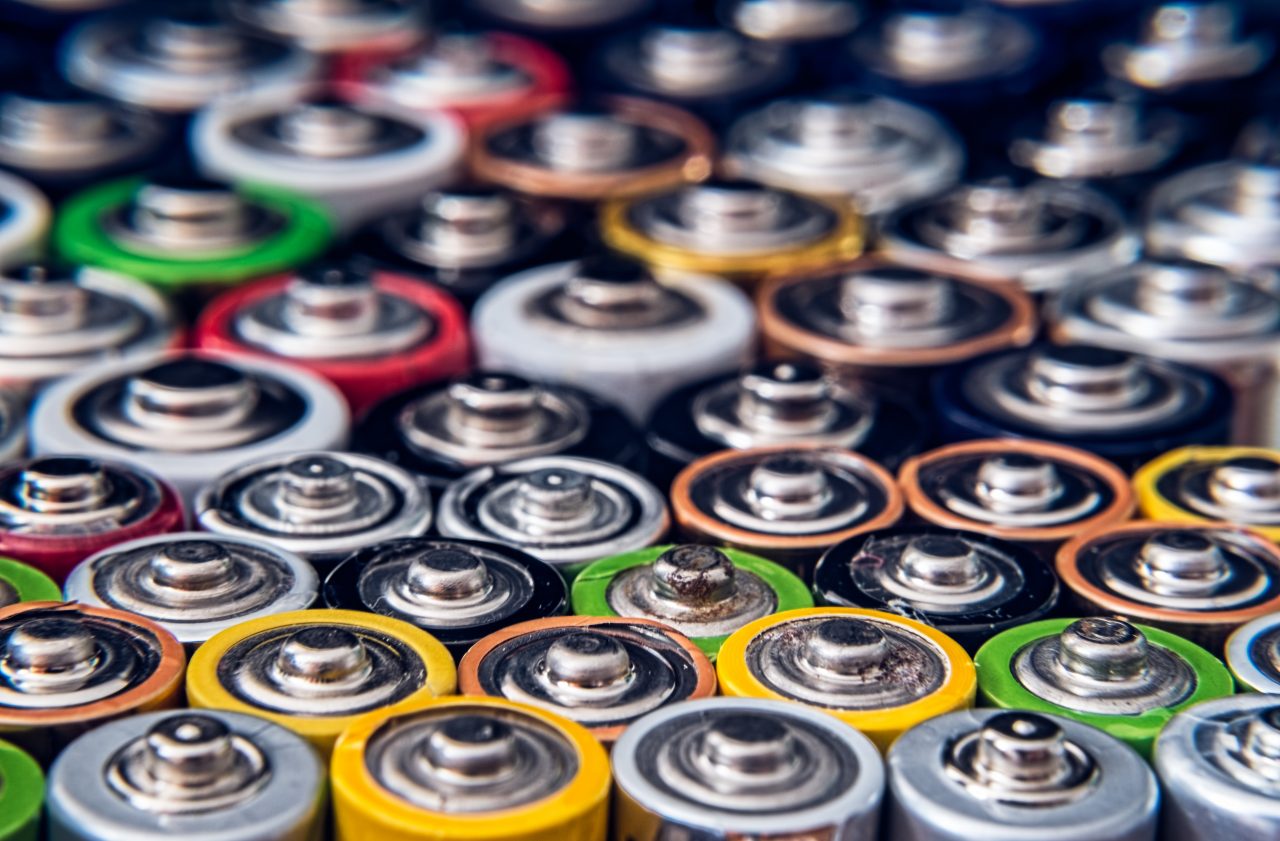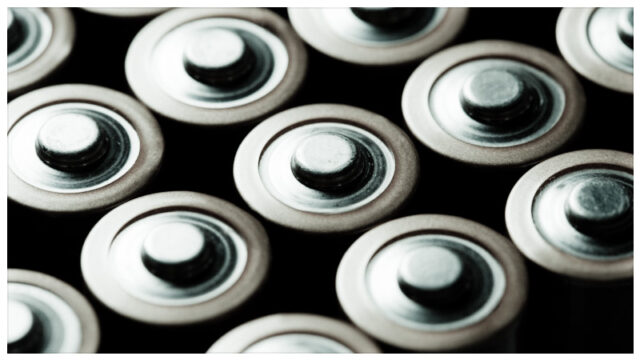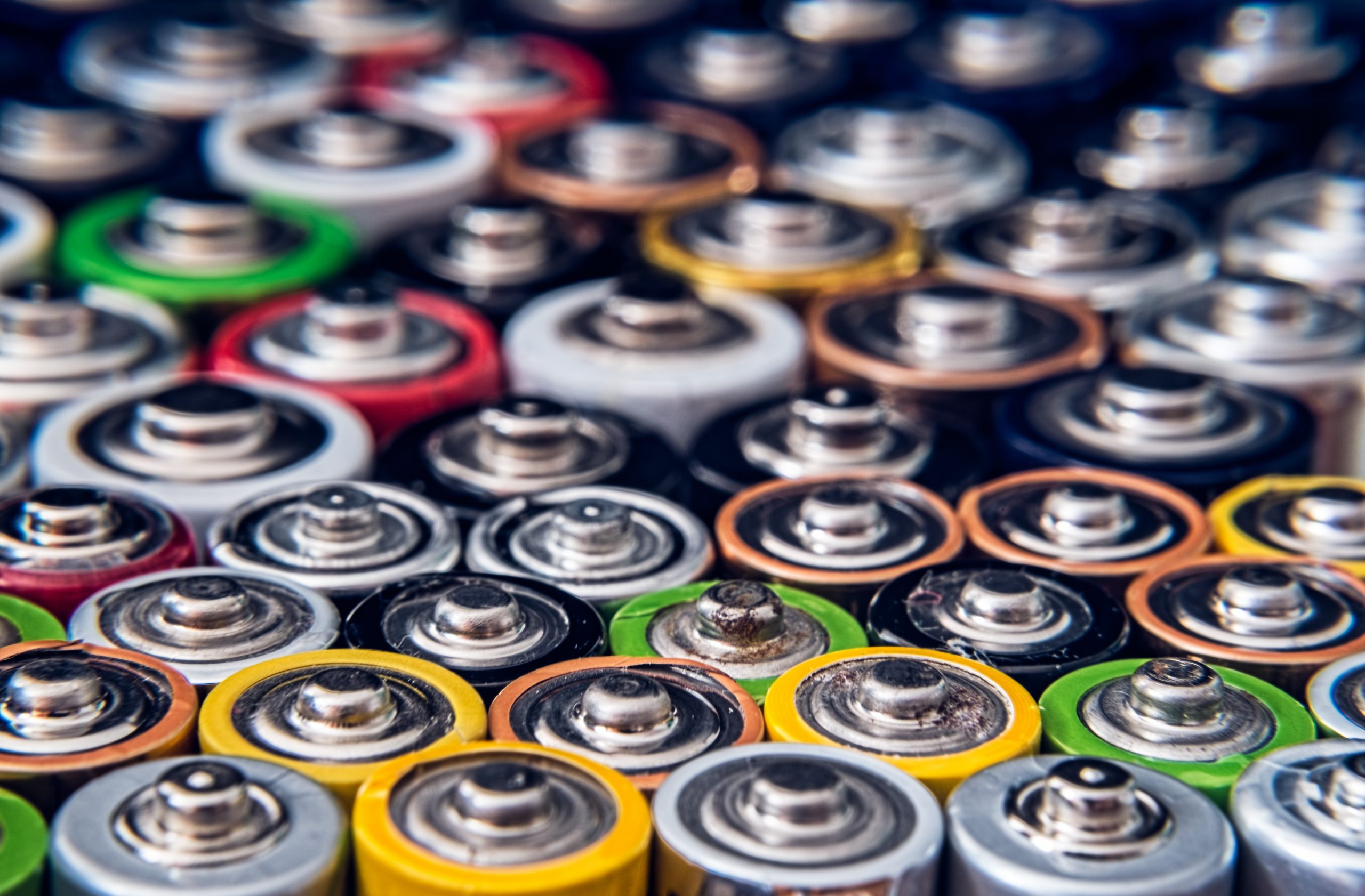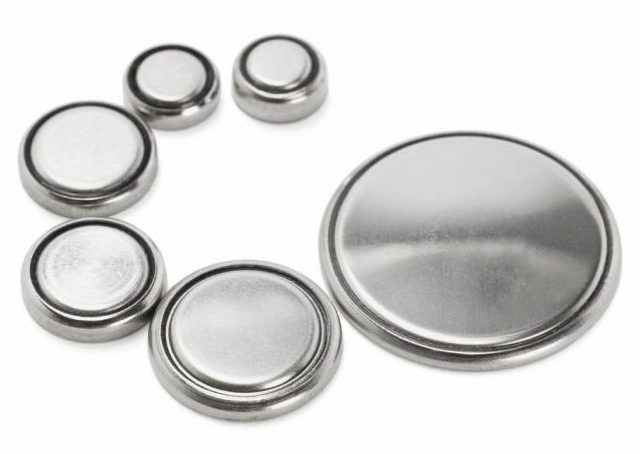
Producer responsibility for batteries
Batteries and accumulators play an important role for the functioning of many everyday products, appliances, and services. They are an indispensable source of energy in our society. However, not all batteries are collected and recycled correctly at the end of their service life; this increases the risk of releases of hazardous substances, and it is a waste of resources. Many of the components contained in the batteries can be recycled, thereby avoiding releases of hazardous substances to the environment, and providing valuable materials to products and production processes in Europe.

New legislation
The Battery Regulation - new categories from August 2025
The EU battery regulation has entered into force. This means that by August 2025 at the latest, batteries must be registered in new battery categories in the producer responsibility register, the environmental targets will be increased and battery passports and approval procedures will be introduced for producers as well as collective schemes. The regulation must be fully implemented and into force by February 2027 at the latest.
See regulation and new categoriesWho has producer responsibility?
Environmental legislation on batteries and accumulators sets out producer responsibility; this means that if you produce or import batteries in view of reselling them in Denmark, you must contribute to the organisation and financing of take-back and management of those batteries when they reach the end of their service life. As a producer or importer your business must be registered in a register and report once a year the volumes sold in the Member State.
In Denmark the rules on producer responsibility are administered by DPA.
Producer or importers?
If you produce or have a battery product produced in your own name/brand, you are subject to producer responsibility, including duties to register, take back, and report on batteries sold in Denmark.
If your business buys batteries from an EU country or a country outside the EU and you import them to Denmark in view of selling this product to a dealer or an end-user your business is an importer and has the duty of registration and reporting in Denmark. Your business also has a take-back obligation for the product in Denmark.
Producers and importers are generally referred to as “producers”, since the rules are the same for both types of business
Which products are covered?
All types of batteries – and a few exemptions
The producer responsibility system concerns all batteries. However, in relation to registration and reporting the batteries are divided into automotive batteries, portable batteries, and industrial batteries as well as the substance groups lead, cadmium, mercury, and other.
It is important that you are clear on which type of battery you sell; the requirements for registration and reporting are based on this classification, and there are different rules depending on the type of battery you sell.

Checking
Is your business subject to producer responsibility?
We can help you find out whether your business and the products you sell are subject to producer responsibility.
Check to see if you are coveredThe 3 battery categories
- Lead acid
- Nickel Cadmium (NiCd)
- Other (especially Lithium) (Li)
Any battery or accumulator designed for exclusively industrial or professional uses.
OR
used for traction in any type of electric vehicle.
Examples: Emergency or backup power supply at hospitals. Traction battery in electric vehicles, electric bikes, electric wheelchairs, scooters.
- Lead acid
- Nickel Cadmium (NiCd)
- Other
Any battery or accumulator used for automotive starter, lighting, or ignition power, and other batteries that are similar to starter batteries in their form and size.
Examples: Ignition battery for the car. Batteries providing power for ordinary use in caravans.
NOTE! When you report, automotive batteries contained in imported vehicles must be reported separately with their weight in kilograms.
- Mercury (Zinc / Mercury oxide / Silver oxide, mostly button cells)
- Lead acid
- Nickel Cadmium (NiCd)
- Other (including Lithium) (Li)
Any battery that is sealed, fits in the palm of your hand, has a weight lower than 3 kg* and that is NOT an industrial battery or an automotive battery.
Examples: All so-called consumer batteries (AA and AAA batteries, button cells and batteries contained in mobile phones and most other consumer products).
*) Rule of thumb for weight limit to be used together with the other criteria.
If you import electrical products or vehicles, you have a separate producer responsibility for the batteries contained in such products
How to proceed?
For any business subject to producer responsibility there are requirements you must see to yourself, while other tasks can be delegated to others. In the following list you can see what you must do yourself and what other players such as compliance schemes can do on your behalf.
Note that even if others can do this or that on your behalf, they do not take over your producer responsibility.
-
Marking
Marking of products
All batteries must be marked with a crossed-out wheeled bin symbol. There are also certain requirements for marking with heavy metal contents and capacity. -
Registration
About registration
You must register in the national register with DPA before you can legally sell batteries. Imports of portable batteries must also be registered with SKAT - the Danish Tax and Customs Administration. -
Information
About information
You must inform end-users about the correct management of the batteries, also at the end of their service life, including the conduct of public information campaigns about collection, treatment, and recycling of end-of-life batteries. -
Reporting
About reporting
You must report information to DPA about the quantity of batteries sold in Denmark as well as collection and management of your end-of-life batteries. -
Financial issues and economy
Economy
Registration fee and annual fee. Supplementary fee of portable batteries to SKAT. Marking of batteries and information campaigns.
The duties may be assumed by the producer or the importer himself (individual compliers) or the producer/the importer may choose to carry out these tasks together with other producers or importers. This is called compliance schemes.
Shortcuts
About registration
See how to register as a new producer in the producer register
Special for portable batteries
Read about special requirements for registration and reporting for portable batteries
Economy and fees
See current fees for products subject to producer responsibility
Compliance schemes
See information about Authorised representative and collective vs individual compliance schemes
Other players
See which other players in addition to producers, importers, and authorities are involved in the producer responsibility with various roles
Annual reporting
Read more about annual reporting of batteries
Legislation relating to batteries
See the statutory basis for producer responsibility for batteries
Exemptions
See when batteries may be exempt from producer responsibility
Marking of equipment
Read about requirements relating to marking of batteries
Document: Design of products
Read about requirements relating to design of equipment containing batteries
Decision tool batteries
Find categories for your battery. Take the test
Management of waste electronics and batteries
Read more about how to collect and manage waste electronics and end-of-life batteries
-
800,000
tonnes of automotive batteries -
190,000
tonnes of industrial batteries -
160,000
tonnes of portable batteries -
This is the volume of batteries we import to Europe every year
